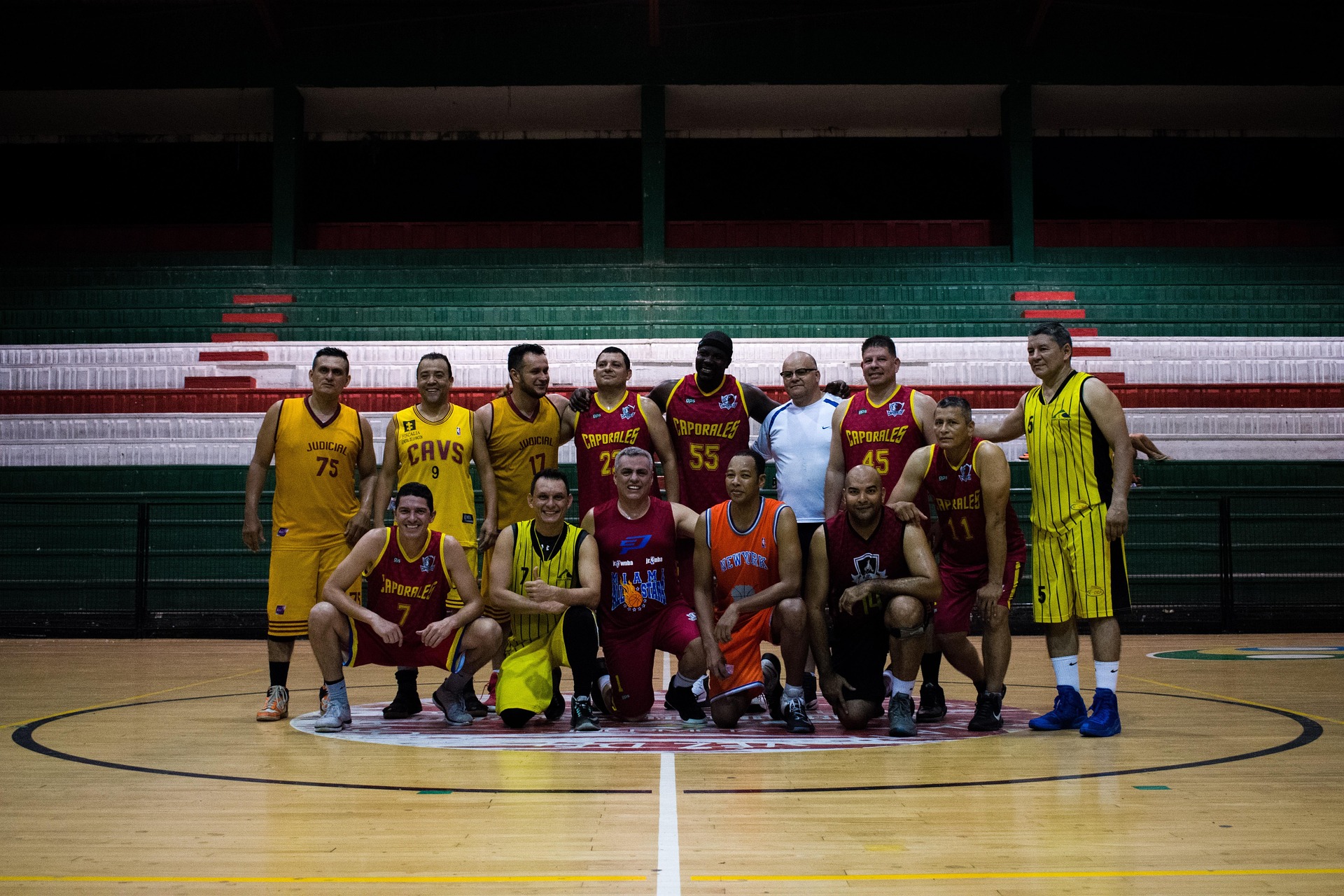What happens next when the last buzzer goes off and the lights dim? For the stars in the NBA, the game doesn’t conclude there. They broadcast their brand, but there is far more to it, from investments to activism. These athletes are assuming new roles, including business leaders, philanthropists, and cultural icons, and the world is paying attention. They have these enormous platforms, which lead one to ask, How significant is the impact? Whether it is real or just talk, we will examine this article closely.
The Power of Influence Off the Court
NBA players have social media followings that rival A-list celebrities. LeBron James has 170 million followers on Instagram. Steph Curry? Almost 60. That’s power, not just fame. Their movements and posts create, lead, and even alter public sentiment. There is no way to deny the impact caused by Giannis Antetokounmpo starting youth sport camps or Chris Paul pushing for health policies. They are not simply athletes. They are changers. All this begins with the decision they make once they remove the jersey.
And this power of choice, this desire for personal control, is also perfectly evident in the entertainment sphere, where everyone bets on their own. It is not surprising that for many fans, this choice is betting online, because it offers the same freedom and involvement. As in basketball, intuition, timing, and self-confidence are essential here. And it is in this space that fans become active participants, not on the court, but with the same passion.

Breaking the Myths Around NBA Stars
Too many myths surround NBA players and their lives off the court. It’s time to separate fiction from fact:
- “They only care about money.”: False. Kevin Durant has invested over $50 million in tech startups and community development. His company, Thirty Five Ventures, supports education-focused nonprofits.
- “They don’t understand business.”: Wrong again. Shaquille O’Neal owns over 150 Five Guys, 17 Auntie Anne’s, and multiple gyms and car washes. He also served on the board of Papa John’s.
- “They avoid social issues.”: Untrue. In 2020, the entire Milwaukee Bucks team initiated a historic playoff boycott, leading to league-wide support for racial justice.
- “They only act for PR.”: LeBron James opened the I PROMISE School in Akron, serving over 1,400 at-risk students, with guaranteed tuition for college. That’s not PR. That’s legacy.
Myths disappear. The truth speaks louder. And if you want to understand even more deeply what sports live beyond the headlines, look at the community https://www.facebook.com/groups/381879567540316. No less exciting news from the world of sports is published here, analytics that are not in the feed. Also, there is a portion of humor in the form of memes and exclusive promo codes for bets if sports are more than just a game for you.
Philanthropy and Social Impact
LeBron’s school, I PROMISE, was created to make a difference in the community and offers extras like free uniforms, meals, mental health support, and even bikes. His $100 million donation to education and community initiatives demonstrates the power an athlete-led charity can wield.
Russell Westbrook’s “Why Not?” Foundation offers invaluable leadership and academic resources to empower at-risk youth. Carmelo Anthony started the STAYME7O initiative to foster social change. That’s alongside Jrue and Lauren Holiday’s $5 million donation to Black-owned businesses and nonprofits. And we still haven’t touched on the sustained movements built from these athletes’ personal convictions. The numbers tell part of the story. The real story is the enormous impact behind them.
NBA Players in Business Ventures
Michael Jordan turned a $1.5 million investment in the Charlotte Hornets into a $3 billion franchise exit. But it’s not just the legends.
Stephen Curry manages investments through his own SC30 Inc., investing in brands like Tonal and Oxigen. He co-founded Unanimous Media, producing family-focused and faith-centered documentaries and feature films. Kevin Durant’s portfolio boasts investments in Postmates (sold to Uber for $2.65 billion) and Coinbase.
Chris Paul co-founded PlayersTV, where he also owns a tequila brand. Griffin? He has supported real estate tech and owns several production companies. No longer are these athletes just endorsers; they are owners, founders, and visionaries building empires, all while still scoring 30 points a game.

Activism and Advocacy: A New Role
This generation of athletes is giving their all, making big moves, and getting involved with social issues that matter. Their activism goes well beyond the usual advocacy:
- Brown Jaylen drove over 15 hours to participate in a peaceful protest in Atlanta during the George Floyd protests, standing in solidarity with the people.
- Enes Freedom (Kanter) covered Turkey and China’s human rights abuses on his social media sites despite facing real physical harm.
- Chris Paul has advocated for HBCUs by wearing HBCU apparel during games and collaborating with the Boost Mobile HBCU Challenge.
- Damian Lillard supports gun violence prevention through a Portland initiative, “RESPECT,” which aims to provide safe spaces for young people.
These athletes exercising their influence aren’t doing it for public attention. The motivation is much deeper than that. These athletes have decided to take action, known or unknown.
Because True Greatness Is Measured Beyond the Game
NBA stardom comes with more responsibilities than simply earning highlight reels and trophies. It comes with obligations like utilizing the spotlight to lift others and engaging in transformative, life-changing, rather than career-changing actions off the court. These heroes are also husbands, philanthropists, and leaders. As of 2025, they’re redefining greatness on their terms. While the game ends after 48 minutes, their consequential work is just getting started!
